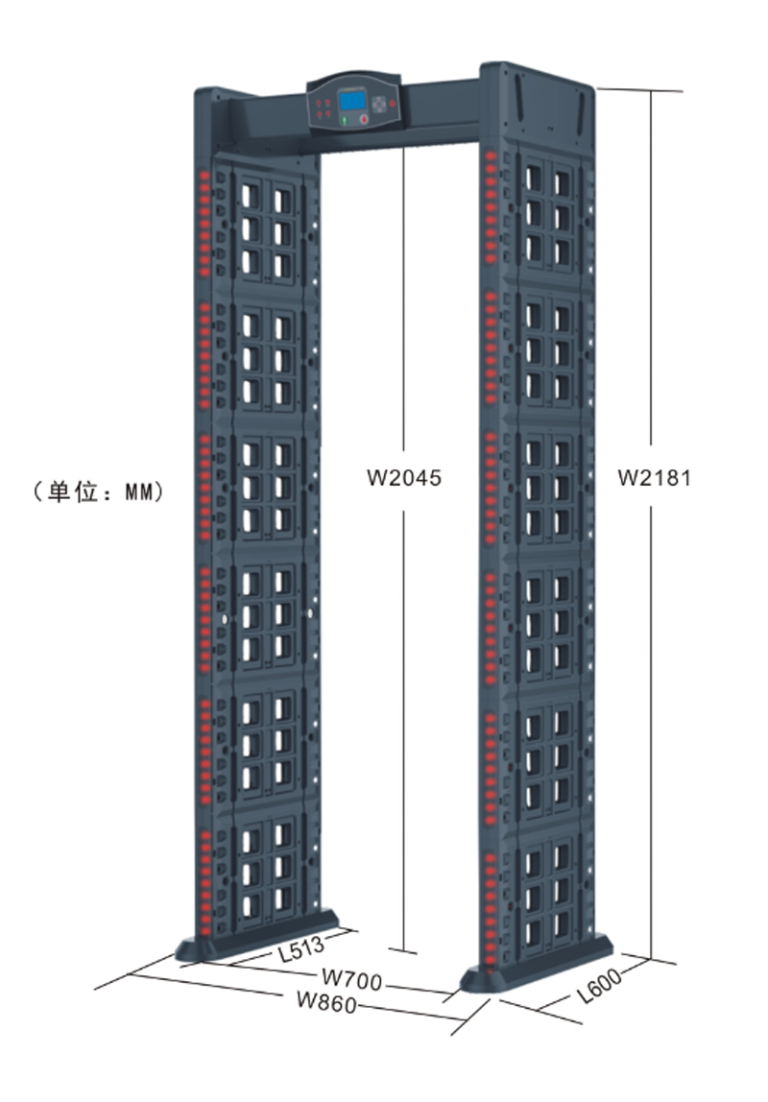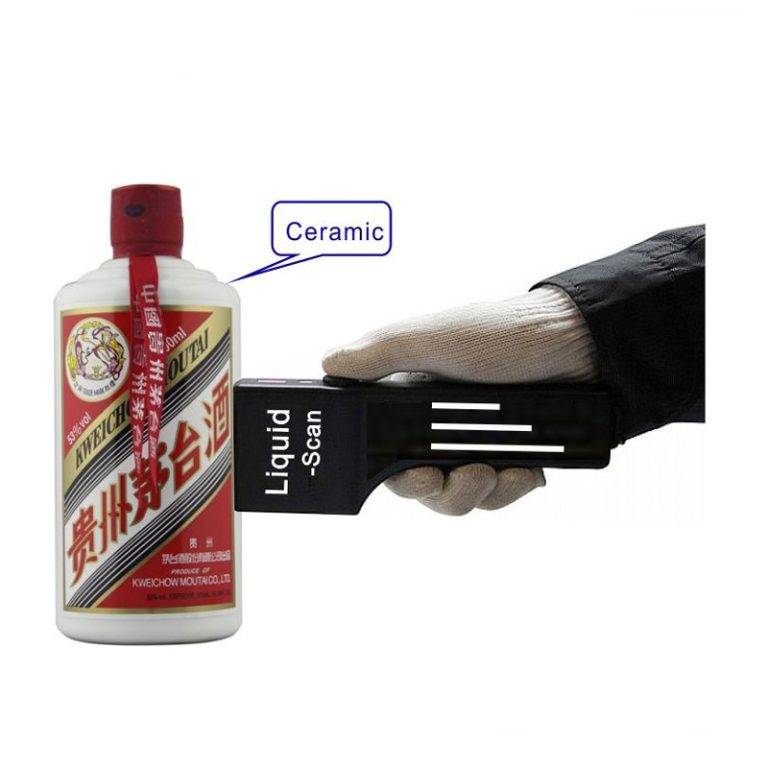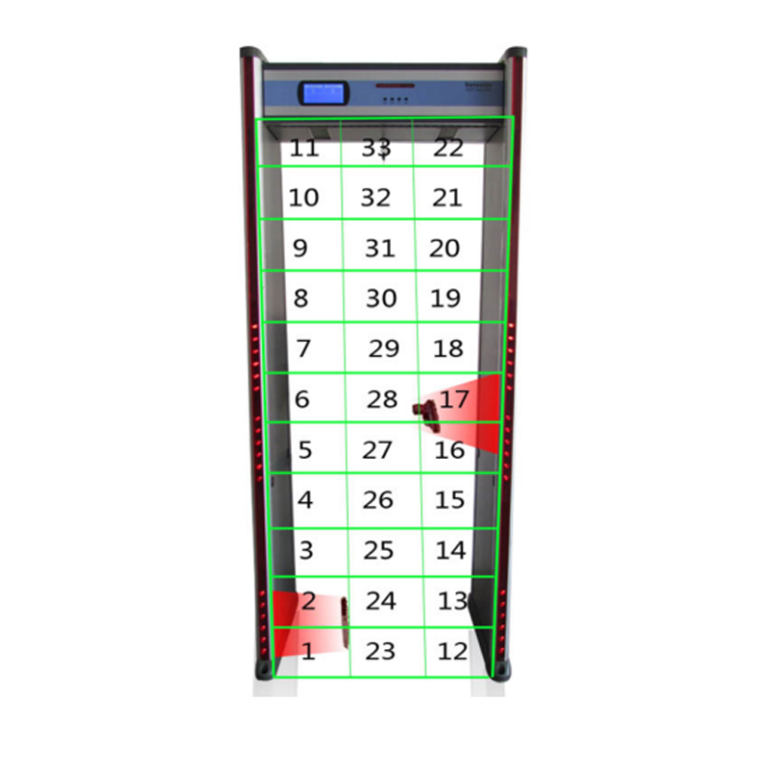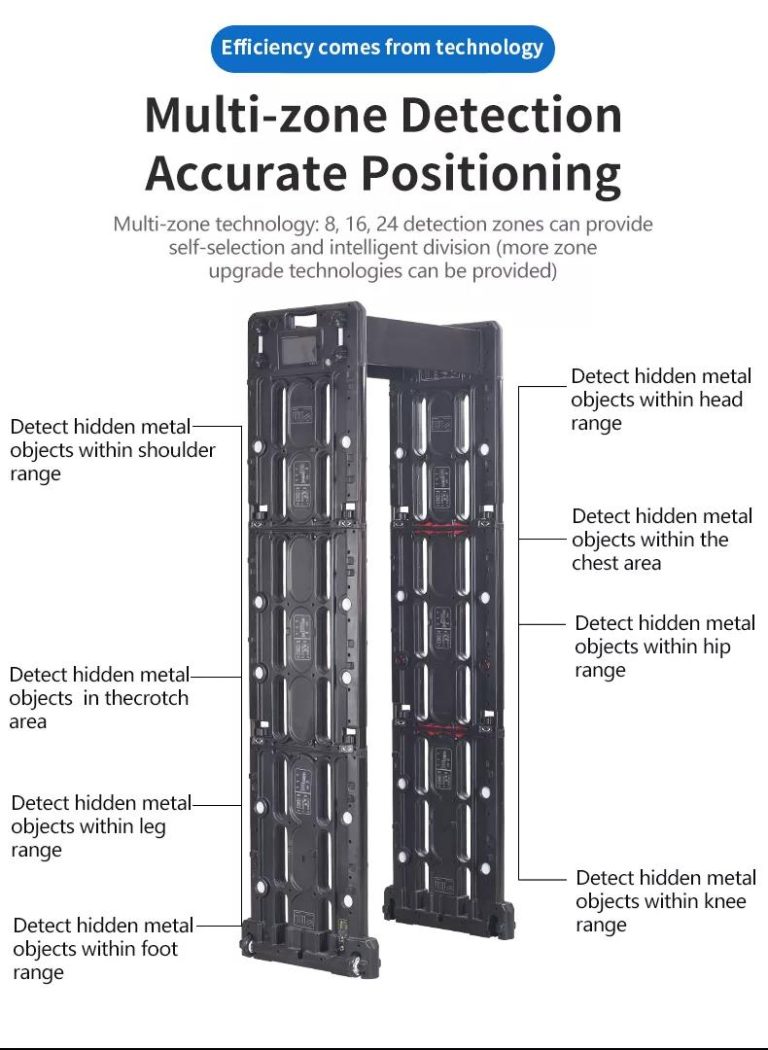Table of Contents
Benefits of Using Industrial Metal Detectors in Manufacturing Processes
Industrial metal detectors are an essential tool in the manufacturing industry, providing numerous benefits that help ensure product quality, safety, and efficiency. In this article, we will explore the various advantages of using industrial metal detectors in manufacturing processes.
One of the primary benefits of using industrial metal detectors is the ability to detect metal contaminants in products. Metal contaminants can pose serious health risks to consumers and can also damage equipment and machinery. By incorporating metal detectors into the production line, manufacturers can identify and remove any metal contaminants before the product reaches the consumer, ensuring product safety and quality.
In addition to detecting metal contaminants, industrial metal detectors can also help manufacturers comply with industry regulations and standards. Many industries, such as food and pharmaceuticals, have strict regulations regarding metal contamination in products. By using metal detectors, manufacturers can demonstrate their commitment to quality control and compliance with these regulations.
Another key benefit of using industrial metal detectors is the ability to improve production efficiency. Metal detectors can quickly and accurately identify metal contaminants, allowing manufacturers to take immediate action to remove the contaminated product from the production line. This helps prevent costly production delays and ensures that products meet quality standards.
Furthermore, industrial metal detectors can help reduce waste and improve overall product quality. By detecting metal contaminants early in the production process, manufacturers can prevent contaminated products from reaching the market, reducing the amount of waste generated. This not only saves money but also helps protect the brand reputation and customer trust.
Industrial metal detectors are also versatile tools that can be used in a wide range of manufacturing processes. Whether it’s food processing, pharmaceuticals, textiles, or plastics, metal detectors can be customized to meet the specific needs of each industry. This flexibility makes metal detectors a valuable investment for manufacturers looking to improve product quality and safety.
In conclusion, industrial metal detectors offer numerous benefits to manufacturers, including the ability to detect metal contaminants, comply with regulations, improve production efficiency, reduce waste, and enhance product quality. By incorporating metal detectors into their manufacturing processes, companies can ensure that their products are safe, high-quality, and compliant with industry standards. Ultimately, industrial metal detectors are an essential tool for any manufacturer looking to maintain a competitive edge in today’s fast-paced and demanding market.
How to Choose the Right Industrial Metal Detector for Your Business
Industrial metal detectors are essential tools for businesses in various industries, including food processing, pharmaceuticals, mining, and manufacturing. These devices play a crucial role in ensuring product quality, safety, and compliance with industry regulations. With a wide range of options available on the market, choosing the right industrial metal detector for your business can be a daunting task. In this ultimate guide, we will discuss the key factors to consider when selecting an industrial metal detector to meet your specific needs.
The first step in choosing the right industrial metal detector is to determine the type of contaminants you need to detect. Different metal detectors are designed to detect specific types of metals, such as ferrous, non-ferrous, and stainless steel. Understanding the types of metals present in your production process will help you select a metal detector that is capable of detecting those specific contaminants.
Another important factor to consider is the size and shape of the products being inspected. Industrial metal detectors come in various sizes and configurations to accommodate different product sizes and shapes. It is essential to choose a metal detector that can effectively scan your products without compromising detection sensitivity.
The sensitivity of the metal detector is another critical factor to consider. The sensitivity level of a metal detector determines its ability to detect small metal contaminants. Higher sensitivity levels are ideal for industries with strict quality control requirements, such as food processing and pharmaceuticals. It is essential to choose a metal detector with the right sensitivity level to ensure accurate detection of contaminants in your products.
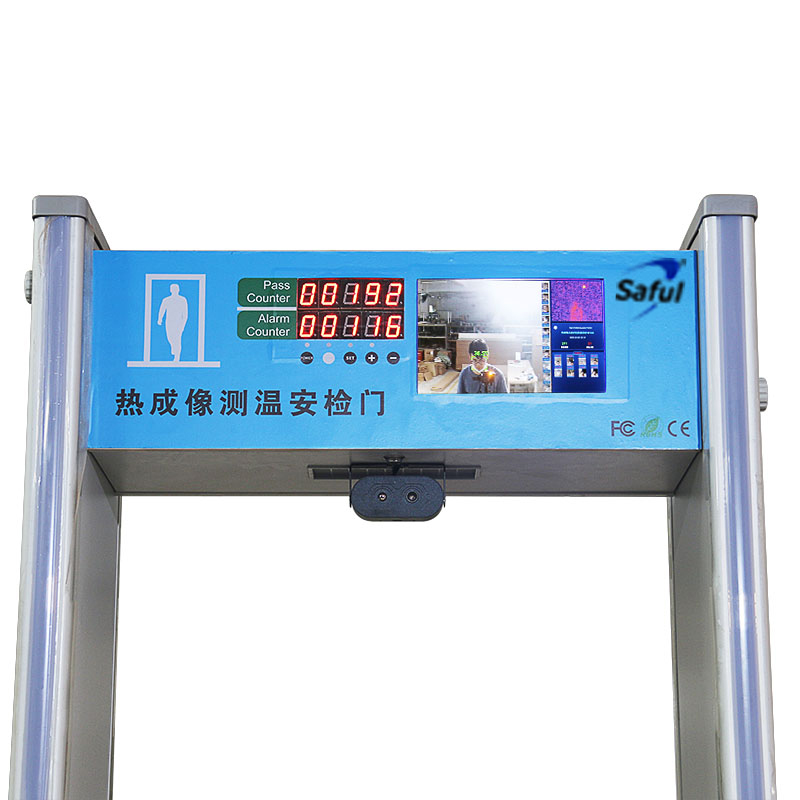
In addition to sensitivity, the speed of the metal detector is also an important consideration. The speed of a metal detector refers to the rate at which it can scan products on the production line. A faster metal detector can help improve production efficiency and minimize downtime. It is crucial to choose a metal detector that can keep up with the speed of your production process without compromising detection accuracy.
Ease of use and maintenance are also important factors to consider when choosing an industrial metal detector. A user-friendly metal detector with intuitive controls and easy-to-understand settings can help streamline the inspection process and reduce the risk of human error. Additionally, choosing a metal detector that is easy to clean and maintain can help prolong its lifespan and ensure consistent performance.
When selecting an industrial metal detector, it is essential to consider the environmental conditions in which the device will be used. Some metal detectors are designed for use in harsh environments, such as high temperatures, humidity, and washdown areas. It is crucial to choose a metal detector that can withstand the specific environmental conditions of your facility to ensure reliable performance.
In conclusion, choosing the right industrial metal detector for your business requires careful consideration of several key factors, including the type of contaminants, product size and shape, sensitivity, speed, ease of use and maintenance, and environmental conditions. By taking these factors into account, you can select a metal detector that meets your specific needs and helps ensure product quality, safety, and compliance with industry regulations.


